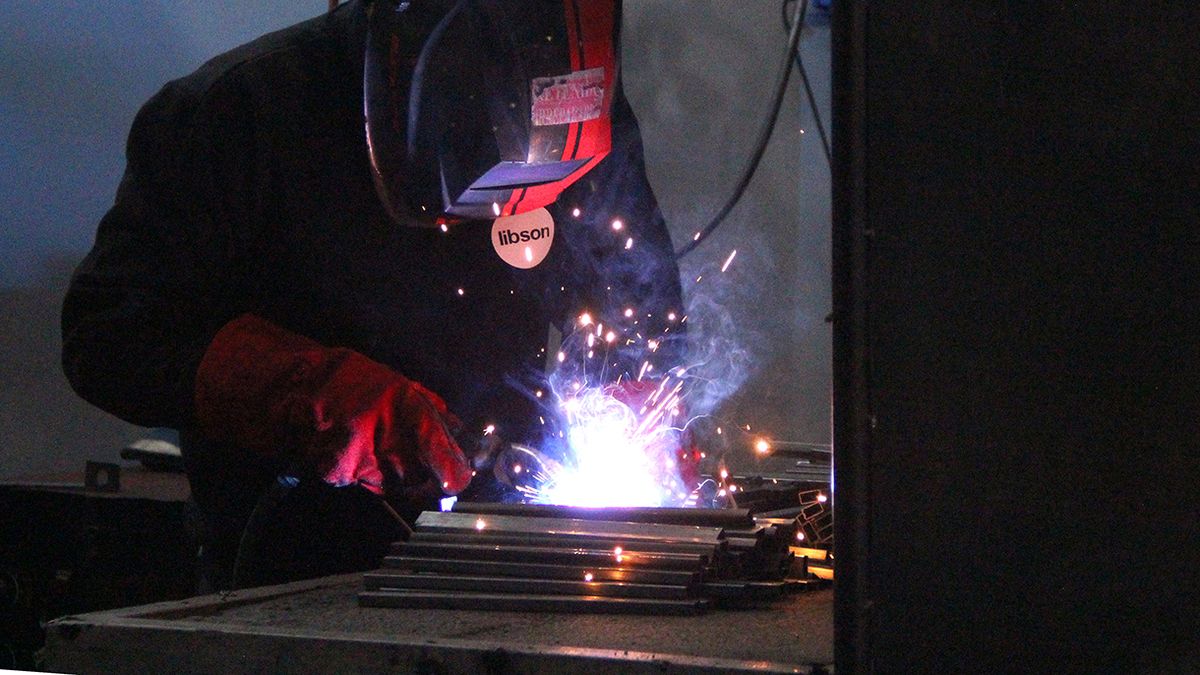There have been discussions about the heating dispute for weeks. The Economics Minister takes the criticism seriously – and announces improvements. Specifically, he sees four areas for improvement.
After fierce debates about the heating law, Federal Economics Minister Robert Habeck announced proposals for improvements. “I take the criticism and social concerns of many very seriously,” said the Green politician to the newspapers of the Funke media group (Saturday). “I want to make the law better.”
His claim is not only to unite the coalition factions behind the law, but also to get social support for climate protection, said the minister. “That’s why I’ll be having a series of talks with my new State Secretary Philipp Nimmermann over the next week, including with associations, and then submitting my suggestions again.”
Habeck identified four areas for improvement. “When it came to the starting point, I would consider staggering to be an option: We could start switching for new buildings from January 1, 2024. This then affects the new buildings that will be approved from January.” With existing buildings, he wants to accommodate the desire for more time, where the challenges are greater. “And in view of the concerns about the lack of craftsmen and delivery bottlenecks, a little more time is also a help.” How much more should be agreed in the talks and in the parliamentary process.
Check transition periods
“You can heat climate-friendly in several ways,” said Habeck. The draft law is already open to technology. “But we should strengthen that again, as the debate about wood pellets shows.” A package of measures for the expansion of local and district heating is also to be presented soon. “The Heat Planning Act that has just been presented will also give heat networks a boost. And then I think it would make sense to better synchronize the transition periods with the construction and expansion of a heat network.”
The transition periods should also be checked again. “And it needs a pragmatic, unbureaucratic hardship regulation that ensures that nobody is asked to do anything that he or she cannot afford.”
It is important that the law goes through the Bundestag before the summer break. “We now need a willingness to compromise on all sides in order not to drive society further apart in this huge task, but to rally it behind affordable, pragmatic climate protection that is appropriate to the drastic nature of the climate crisis.”
Lindner: FDP not alone with concerns
In the dispute over the heating law, FDP leader Christian Lindner referred to critical voices in the ranks of the coalition partners SPD and Greens. “We are not the only ones with the concerns,” said the Federal Minister of Finance to the media company Table.Media.
He referred to statements by Baden-Württemberg’s Prime Minister Winfried Kretschmann (Greens) and the head of the SPD parliamentary group, Rolf Mützenich. Linder said that climate protection must be combined with economic reason and physical feasibility.
The FDP has been blocking a draft law passed by the cabinet for weeks. For climate protection, every newly installed heating system should be operated with at least 65 percent green energy from next year. Lindner contradicted the claim that the FDP harmed the country. “If the FDP prevents left-wing politics and economically unreasonable solutions, then that strengthens our country.” According to his own statements, he sees no danger to the continued existence of the coalition with the SPD and the Greens.
Municipalities should submit plans for heat transition
The VKU boss justified this with the heat transition plans for municipalities. According to the will of the federal government, the federal states should submit plans in the coming years on how the heat transition should be implemented locally. For large cities, these heat plans should be ready by the end of 2026, smaller cities should have two years longer.
“If such a city with a population of 50,000 or 80,000 then decides in 2027 what should happen where and how the heat can be switched from gas to district heating (…), then it won’t be possible within three years,” warned Liebing. He campaigned for the drafts of the heating law and the heating plans to be discussed in parliament at the same time.
Source: Stern




